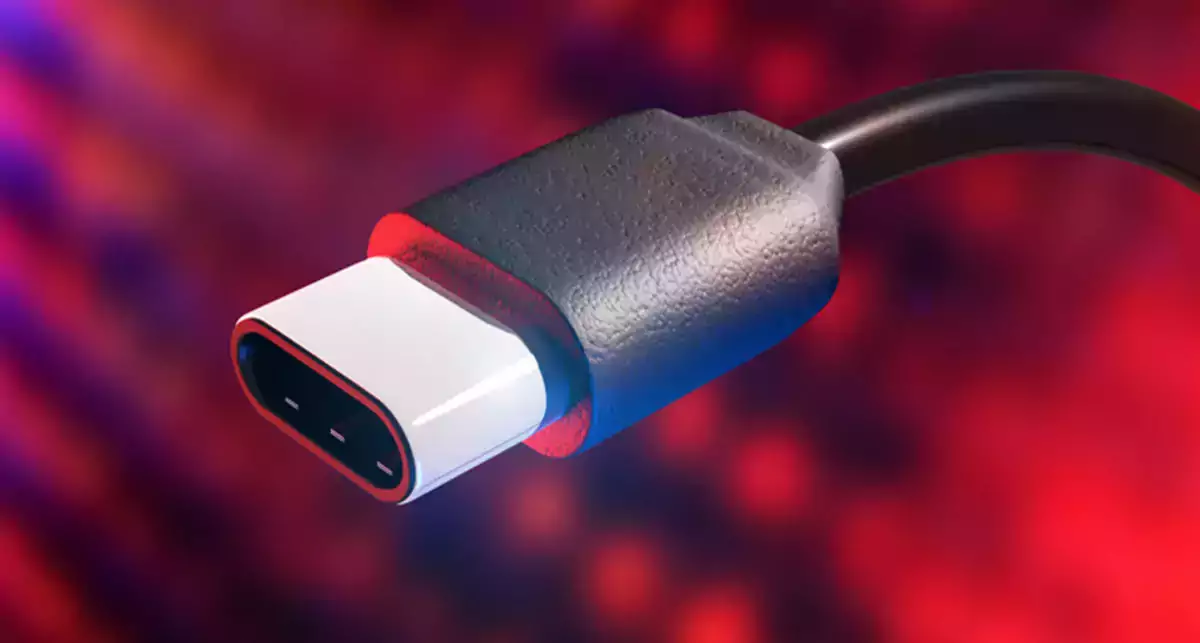Apple and others will have to change the connector on devices sold in Europe by 2024 after the EU passed a reform that requires tech companies to use a charging standard in what it says will reduce costs and electronic waste.
By the end of 2024, all mobile phones, tablets and cameras sold in the EU will have to be equipped with a USB Type-C charging port. From spring 2026, the obligation will extend to laptops.
Initially approved back in June of last year, the new law, adopted by plenary on Tuesday with 602 votes in favour, 13 against and 8 abstentions, is part of a broader EU effort to reduce e-waste and to empower consumers to make more sustainable choices.
Regardless of their manufacturer, all new mobile phones, tablets, digital cameras, headphones and headsets, handheld videogame consoles and portable speakers, e-readers, keyboards, mice, portable navigation systems, earbuds and laptops that are rechargeable via a wired cable, operating with a power delivery of up to 100 Watts, will have to be equipped with a USB Type-C port.
All devices that support fast charging will now have the same charging speed, allowing users to charge their devices at the same speed with any compatible charger.
Exemptions will apply only for devices that are too small to have a USB Type-C port, such as smart watches, health trackers, and some sports equipment.
Dedicated labels will inform consumers about the charging characteristics of new devices, making it easier for them to see whether their existing chargers are compatible. Buyers will also be able to make an informed choice about whether or not to purchase a new charging device with a new product.
Apple, which already uses USB-C connectors on some of its iPads and laptop computers, has insisted any legislation to force a universal charger for all mobiles in the bloc is unwarranted and that the proposal would hurt innovation and create a mountain of electronic waste, did not immediately respond to a request for comment.
While the rules doesn’t apply to the UK, U.S. Senators want to follow the the EU and make USB-C mandatory.
Council will now have to formally approve the Directive before it is published in the EU Official Journal. It will enter into force 20 days after publication.
Member states will then have 12 months to transpose the rules and 12 months after the transposition period ends to apply them. The new rules would not apply to products placed on the market before the date of application.



